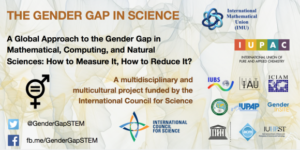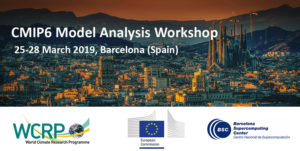The SPARC (Stratosphere-Troposphere Processes and their Role in Climate) will be holding a 3-day workshop on atmospheric turbulence at the Leibnitz-Institute of Atmospheric Physics in Kühlungsborn, Germany, during the period November 6-8, 2018. The aim of this workshop is to discuss recent modeling and observational research on atmospheric turbulence, as well as applications. There will be invited and contributed talks, as well as ample time for discussion.
The Science Organizing Committee for this workshop is:
Hye-Yeong Chun, Yonsei University, Korea
David Fritts, GATS, Inc., USA
Marvin Geller, Stony Brook University (emeritus), USA
Franz-Josef Lübken, Leibnitz Institute of Atmospheric Physics, Germany.
Confirmed invited speakers at the workshop to-date include:
Ulrich Achatz, Germany
Jorge Chau, Germany
Marvin Geller, USA
Masashi Kohma, Japan
Peter Love, Australia
Kusuma Rao, India
Richard Wilson, France.
We encourage all interested individuals to contact Marvin Geller at and express your interest in attending and whether you would like to contribute a paper by September 1, 2018. We will be sending accommodations and logistics information to prospective attendees by September 15, 2018. We will need proposed papers’ titles by October 1, 2018. We will be circulating the planned workshop schedule by October 15, 2018.


